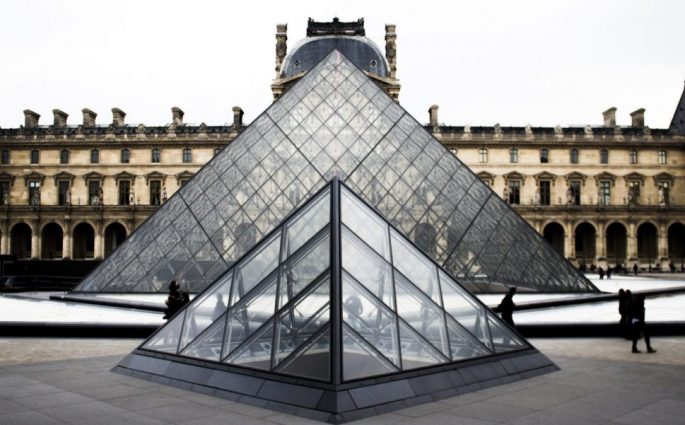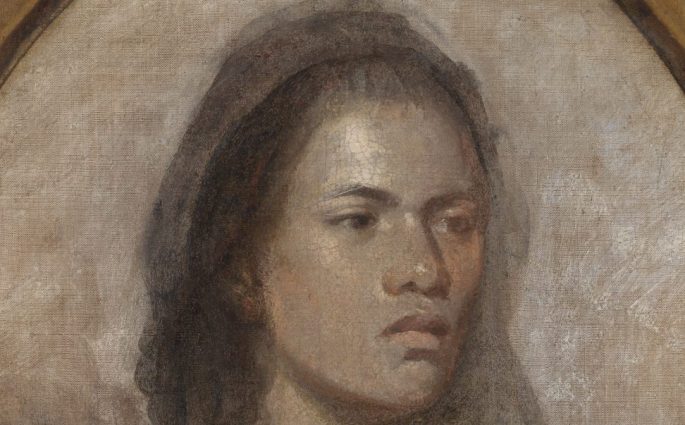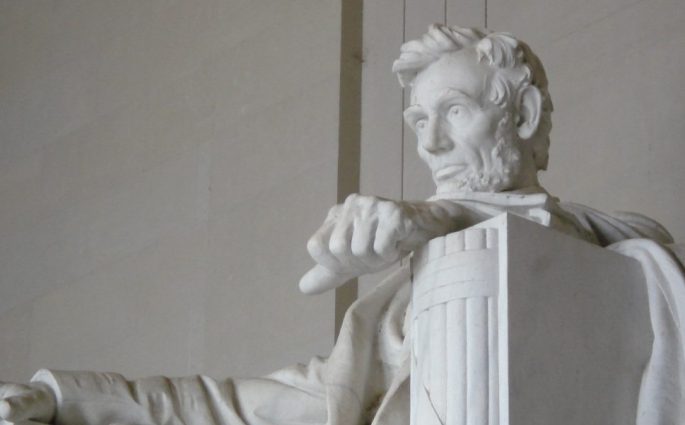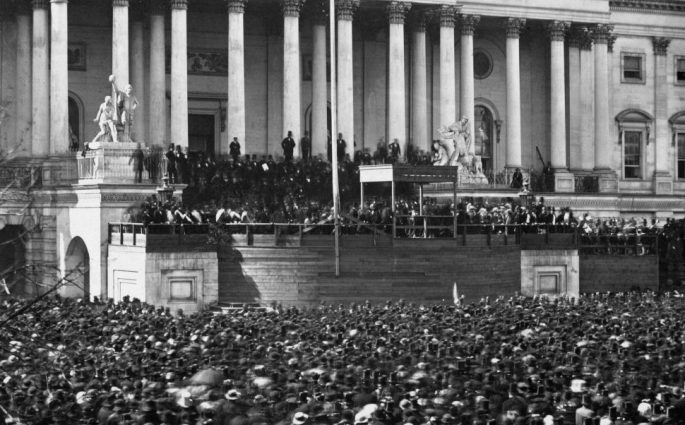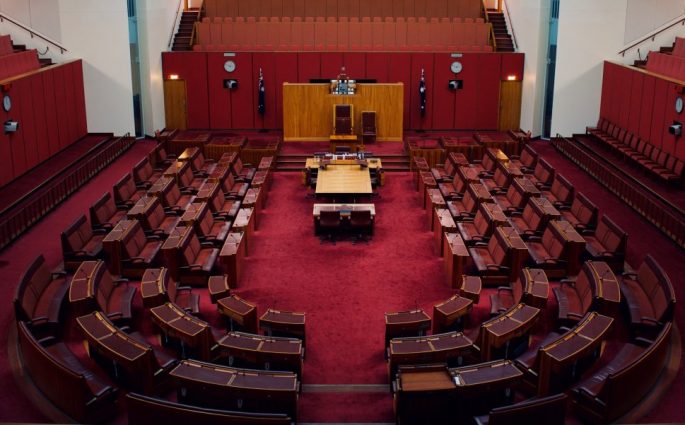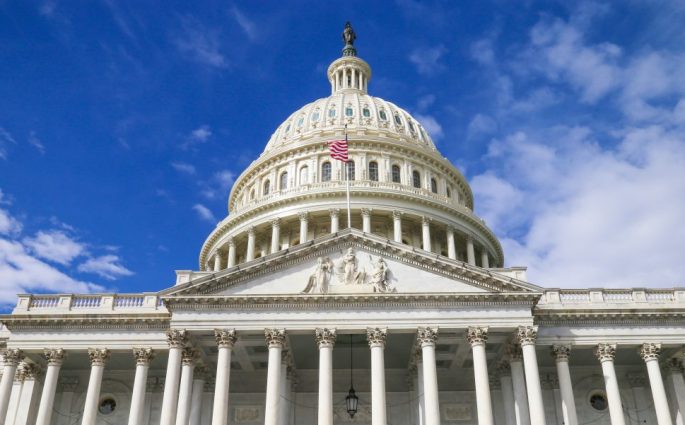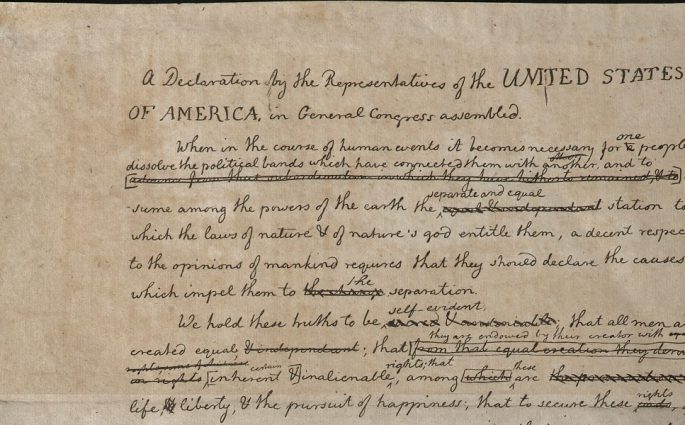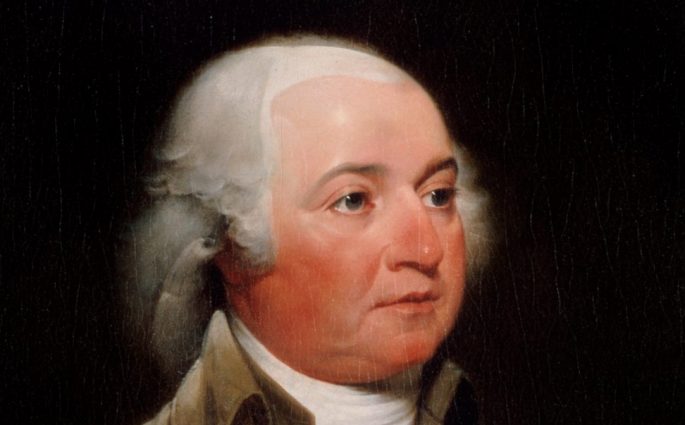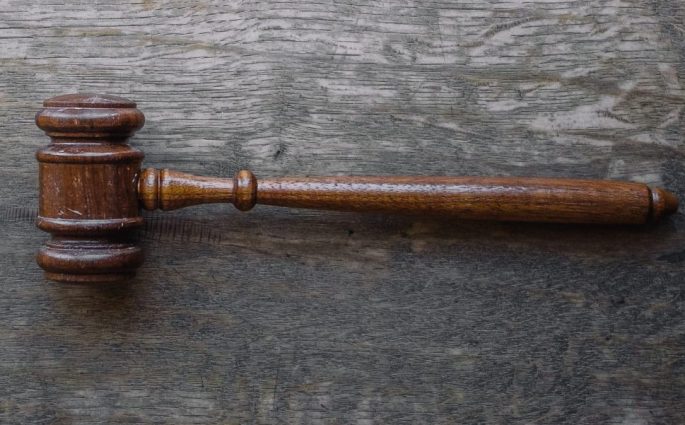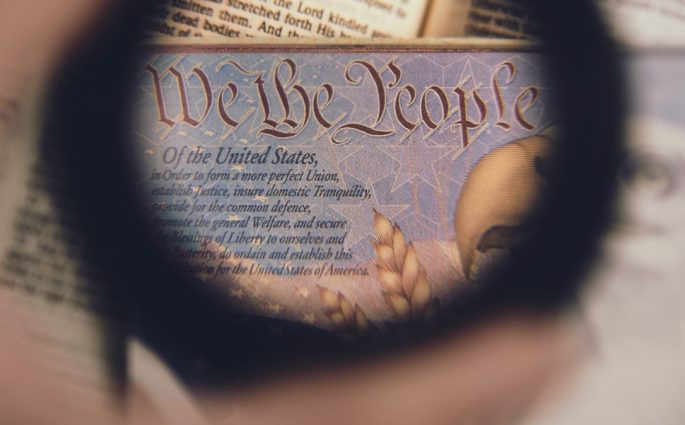France and the Self
James Livesey— The history of the self is vitally important, and the contrast between the French and British histories is highly instructive. The self, or at least the version of the self as self-determining individual, is the postulate of every variety of liberalism and its institutions, and it is clear

